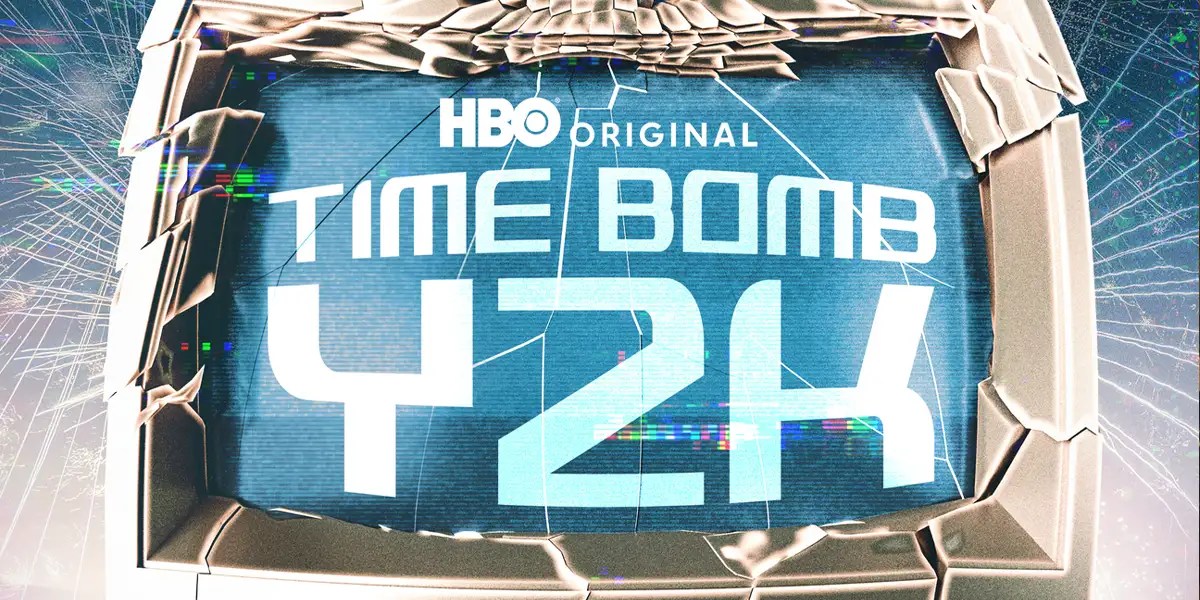The Tiger Is the Tank. Or rather, the type of German tank that gives the film its international title—just in case anyone might confuse this war story with an adventure movie involving wild animals. The tank itself is the film’s container, much as The Boat was in the legendary 1981 film it openly seeks to emulate in more than one respect, or as the more recent tank was in the Israeli film Lebanon (2009). Yes, much of Dennis Gansel’s movie unfolds inside a tank called Tiger, but what it is ultimately trying to tell goes well beyond its cramped metal walls.
This large-scale Prime Video war production has been described by many as the platform’s answer to Netflix’s success with All Quiet on the Western Front, the highly decorated German film released in 2022. In practice, it is a very different proposition. Despite the fanfare surrounding its release—Amazon even gave it a theatrical run a few months ago, something it rarely does—the film made a far more modest impact. Watching it, the reasons become clear. This is a darker, stranger movie, one that flirts as much with horror as with monotony, and that positions itself less as a traditional war film than as an ethical and philosophical meditation on warfare.
The first section—an intense and technically impressive combat sequence—takes place during what would later be known as the Battle of the Dnieper, which unfolded over several months in 1943 on the Eastern Front, as Soviet forces pushed back the Nazi advance. Der Tiger is the type of tank carrying a compact platoon—played by David Schütter, Laurence Rupp, Leonard Kunz, Sebastian Urzendowsky, and Yoran Leicher—that miraculously survives the aerial destruction of a bridge over the river.
Soon afterward—or so it seems—the group is assigned a mission that, at least in its initial setup, recalls Saving Private Ryan. Lieutenant Gerkens (Schütter) is ordered to rescue Colonel Von Harnenburg, stranded behind enemy lines. From there, the film becomes a journey through an infernal landscape of ruined cities, corpses, forests, and fog—a setting that, thanks to the way it is shot, feels more fantastical than realistic.

That choice is no accident. As the journey begins to echo Apocalypse Now, it becomes clear that the film is less interested in conventional suspense—mines on the road, the threat of ambush—than in the strangeness of its situations and environments. When the tank plunges into the water and briefly operates like a submarine, one may reasonably wonder whether such technology actually existed in the 1940s, or whether the film has deliberately drifted into a more extravagant, symbolic territory.
This is the kind of film whose ending is likely to inspire more frustration than affection. Though heavily foreshadowed, it is the sort of conclusion that tends to irritate audiences: cryptic, somewhat open-ended, and more suggestive than explicit. That makes sense, given that the film is less concerned with depicting the daily mechanics of war than with grappling with its aftermath—ethical, moral, psychological, and physical.
In its own way, The Tank functions as a kind of mea culpa. The platoon becomes a microcosm of a nation that “followed orders” and committed—or allowed to be committed—horrific acts in its name. The flashbacks scattered throughout the film make this point unmistakably clear. The problem is that, while these ideas may sound compelling when summarized in a few sentences (or in a review), the film never manages to turn them into something fully alive—narratively, visually, or dramatically.
Only in brief moments—largely thanks to Gerkens’s perpetually worried, anguished expression—do those ideas achieve genuine cinematic weight. They are not enough, however, to sustain a two-hour runtime that increasingly feels repetitive and inert. Unlike the films by Steven Spielberg, Wolfgang Petersen, Francis Ford Coppola, and others it so clearly references, The Tank remains closer to a concept than to a drama, more an intriguing reflection than a truly effective film.































